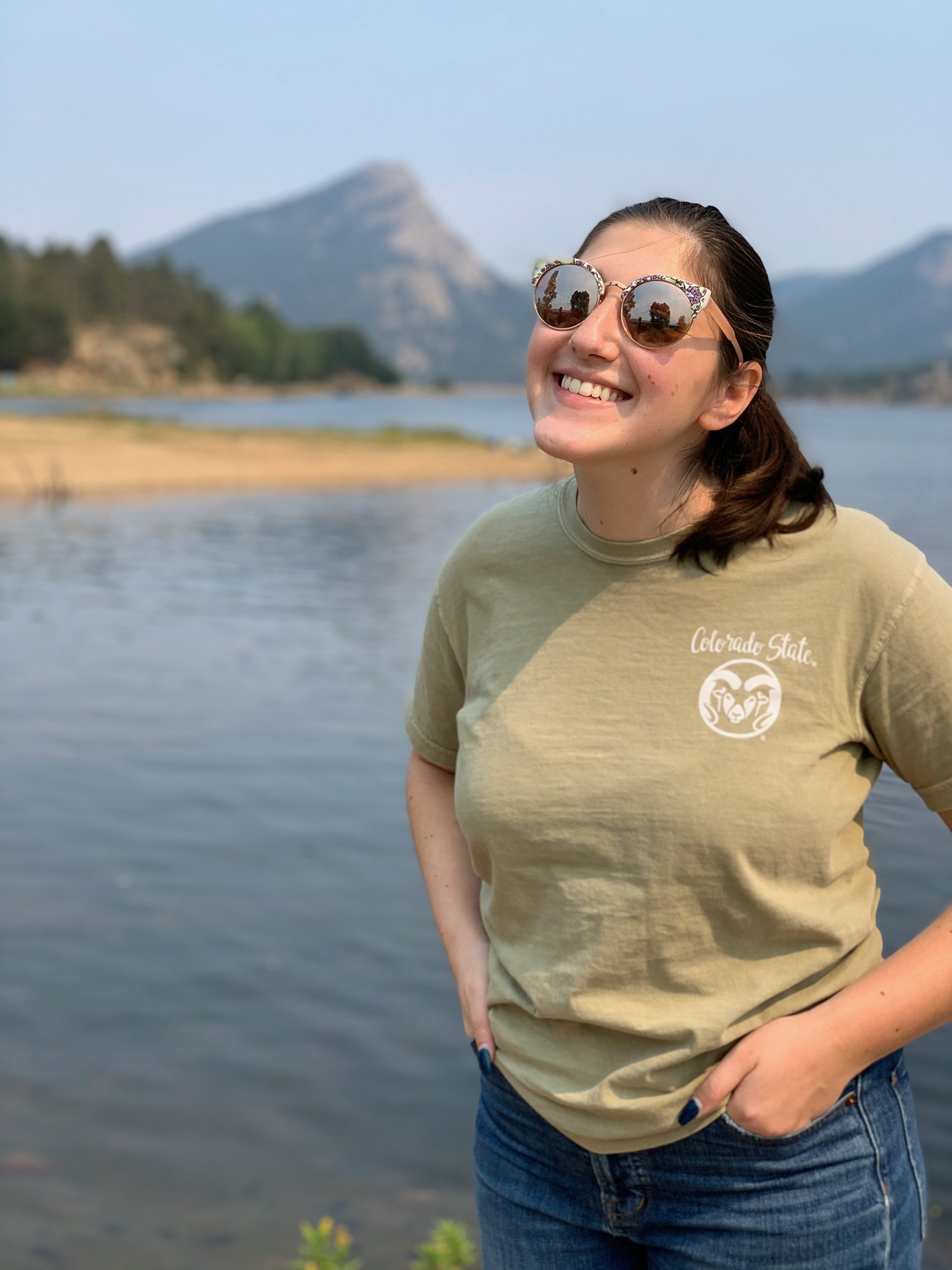Literature Seminar:
Photon upconversion is a process that converts low energy light into higher energy light. This process has the potential to dramatically improve the interaction of light and biological tissue through the local generation of visible light, which can allow for deep tissue bioimaging. However, frequently utilized photon upconversion systems historically incorporate toxic materials, such as cadmium or lead nanocrystals. Utilizing heavy metal nanocrystals as light absorbers limits the potential for photon upconversion systems to function in biological environments. In this talk, I will discuss research performed by Xia et. al. where they demonstrate photon upconversion through triplet energy transfer using nontoxic silicon nanocrystals attached with anthracene triplet acceptors. Through photoluminescence and transient absorption spectroscopy, they show for the first time silicon with triplet-accepting molecules being used as a photosensitizer for photon upconversion with a 7% efficiency. Additionally, they highlight the feasibility of their system to function in biological environments through incorporating their photon upconversion system in aqueous micelles. In doing so, their system can potentially meet the demands for biocompatible upconversion systems. The authors develop a kinetic model to emphasize that the inefficiency of their system stems from heterogeneous nanocrystal size distribution. Future work such as improving synthetic methods to stabilize smaller silicon nanocrystals can improve the overall efficiency of their system.
Paper: Xia, P.; Raulerson, E. K.; Coleman, D.; Gerke, C. S.; Mangolini, L.; Tang, M. L.; Roberts, S. T. Achieving Spin-Triplet Exciton Transfer between Silicon and Molecular Acceptors for Photon Upconversion. Nature Chemistry 2019, 12(2), 137–144.



